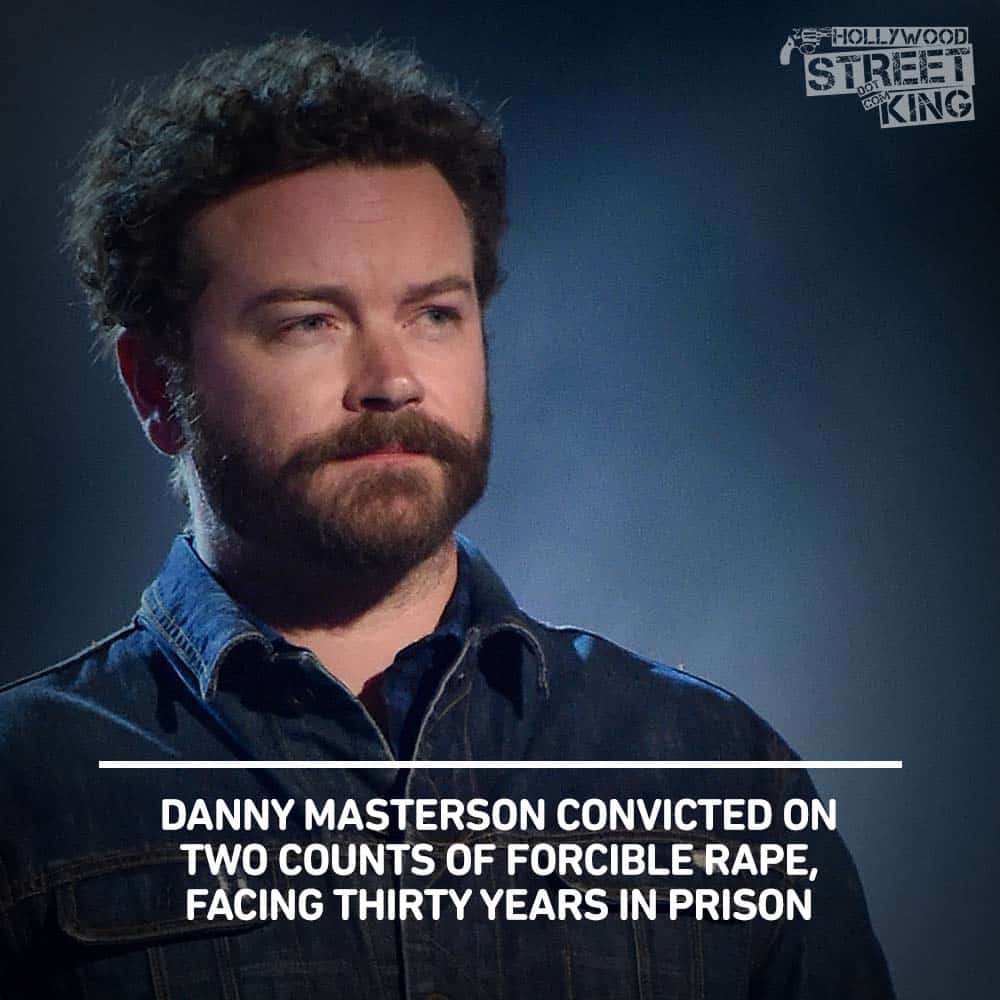
Danny Masterson, the former star of the hit show “That ’70s Show,” received a devastating blow on Wednesday as he was found guilty on two counts of forcible rape. However, the jury reached a deadlock on a third rape charge, resulting in a mistrial with an 8-4 vote in favor of conviction.
The potential consequences for Masterson are severe, with a potential sentence of 30 years to life in prison on the two charges. The announcement of the guilty verdicts left Masterson’s family, who were present in the courtroom, in shock and audibly gasping.
The allegations against Masterson involve three women who accused him of raping them at his Hollywood Hills home between 2001 and 2003. While the jury convicted him of raping two women in 2003, they were unable to reach a verdict on an allegation from November 2001 involving a former girlfriend.
Following the reading of the verdict, Masterson was immediately taken into custody, handcuffed and all. Despite a defense request for him to remain free until the sentencing, Judge Charlaine Olmedo denied the request and scheduled a hearing for August 4.
Bijou Phillips, Masterson’s wife, was visibly distraught and seen sobbing in the front row of the courtroom. The impact of the guilty verdicts on Masterson’s personal life is palpable.
One of the victims, identified as Jane Doe 2 in court, expressed relief upon Masterson’s conviction. She also mentioned an ongoing civil case where she and the other accusers have sued Masterson and the Church of Scientology for harassment and stalking. In her statement, she expressed disappointment that Masterson was not convicted on all counts but took solace in the fact that he and others involved will face accountability in civil court.
Another victim, Jane Doe 3, expressed devastation at the lack of criminal accountability for Masterson’s actions against her. She remains determined to seek justice in civil court, where she believes the women involved will shed light on how Scientology and other parties enabled and attempted to cover up Masterson’s despicable behavior.
Los Angeles District Attorney George Gascón expressed gratitude to the jury for their service and commended the bravery of the women who came forward. While disappointed with the jury’s decision not to convict on all counts, Gascón acknowledged and respected their verdict.
Masterson’s trial shed light on the teachings of Scientology, as all three victims were members at the time of the alleged assaults. The women have claimed that the church discouraged them from reporting Masterson to the police due to his prominent position within the church and his success as an actor.
During closing arguments, prosecutor Ariel Anson argued that Masterson abused his position within the church to commit rape with impunity. Anson claimed that the church taught the victims that rape was not considered as such and that they should not involve law enforcement, making it an ideal hunting ground for predators like Masterson.
In response, defense attorney Philip Cohen attempted to shift the focus away from Scientology, suggesting it was used as a distraction from inconsistencies in the victims’ testimonies.
This retrial differed from the first trial primarily in relation to the allegation of drugging. While the women testified in the initial trial that they felt weak or had little memory after consuming a drink prepared by Masterson, prosecutors did not explicitly claim that Masterson drugged them. However, in the retrial, the prosecution altered its approach and argued that Masterson had indeed drugged the women.
Cohen countered this claim, stating that there was no tangible evidence, such as a toxicology report, to support the drugging allegation. He also pointed out that drugs were not mentioned in the actual charges brought against Masterson.
The case against Masterson resurfaced in 2016 after the three women found each other and approached law enforcement together. One of the women had previously reported Masterson to the Los Angeles Police Department in 2004, but charges were not filed at the time. Prosecutors were able to pursue the case under a “one-strike” sex crimes law, which extends the statute of limitations for multiple forcible rapes.
Cohen argued that the women modified their stories to fit a narrative of rape after connecting with one another and discussing the case. He contended that accusations made after such a significant time lapse create a potentially dangerous scenario.
The repercussions of Masterson’s conviction are far-reaching, tarnishing his reputation and exposing the dark underbelly of Hollywood. The aftermath of this trial will undoubtedly leave a lasting impact on Masterson’s personal and professional life, as well as sparking conversations about abuse, accountability, and the influence of powerful institutions.



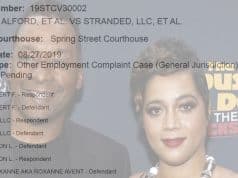

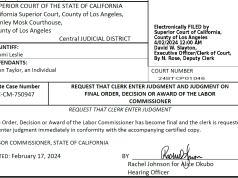
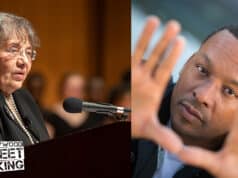


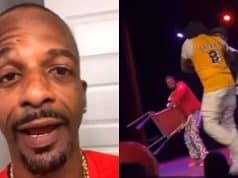
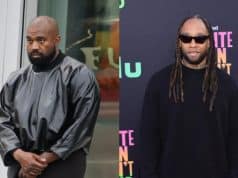
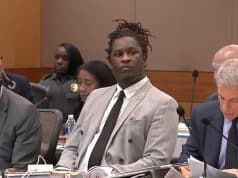
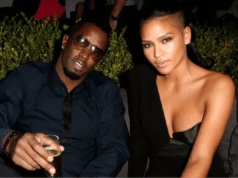











![Kris Jenner Stalker & Subject Of FBI Raid Christina Bankston [EXCLUSIVE AUDIO]](https://hollywoodstreetking.com/wordpress/wp-content/uploads/2014/09/kris-jenner-pr-conspiracy-100x75.jpg)
